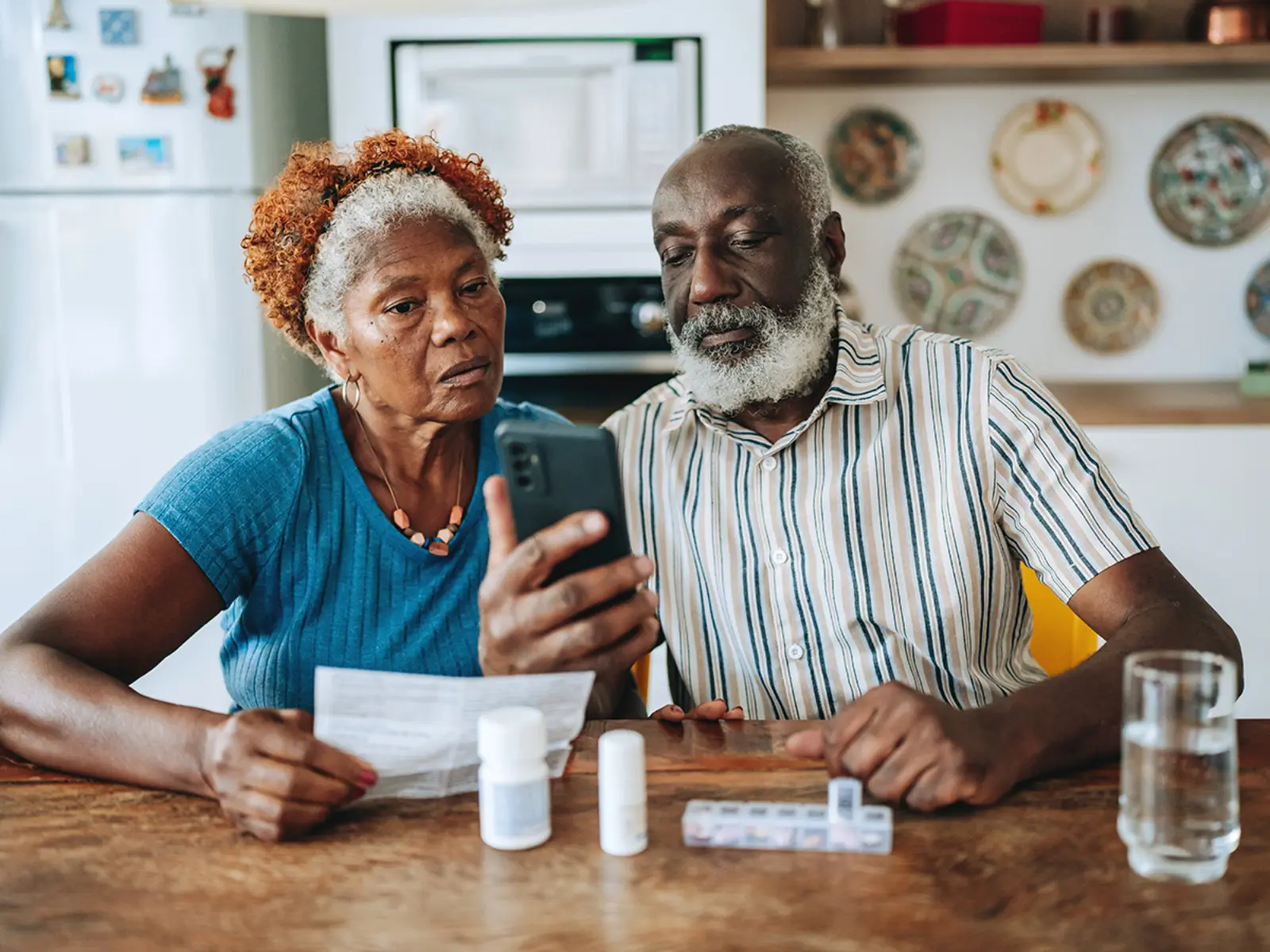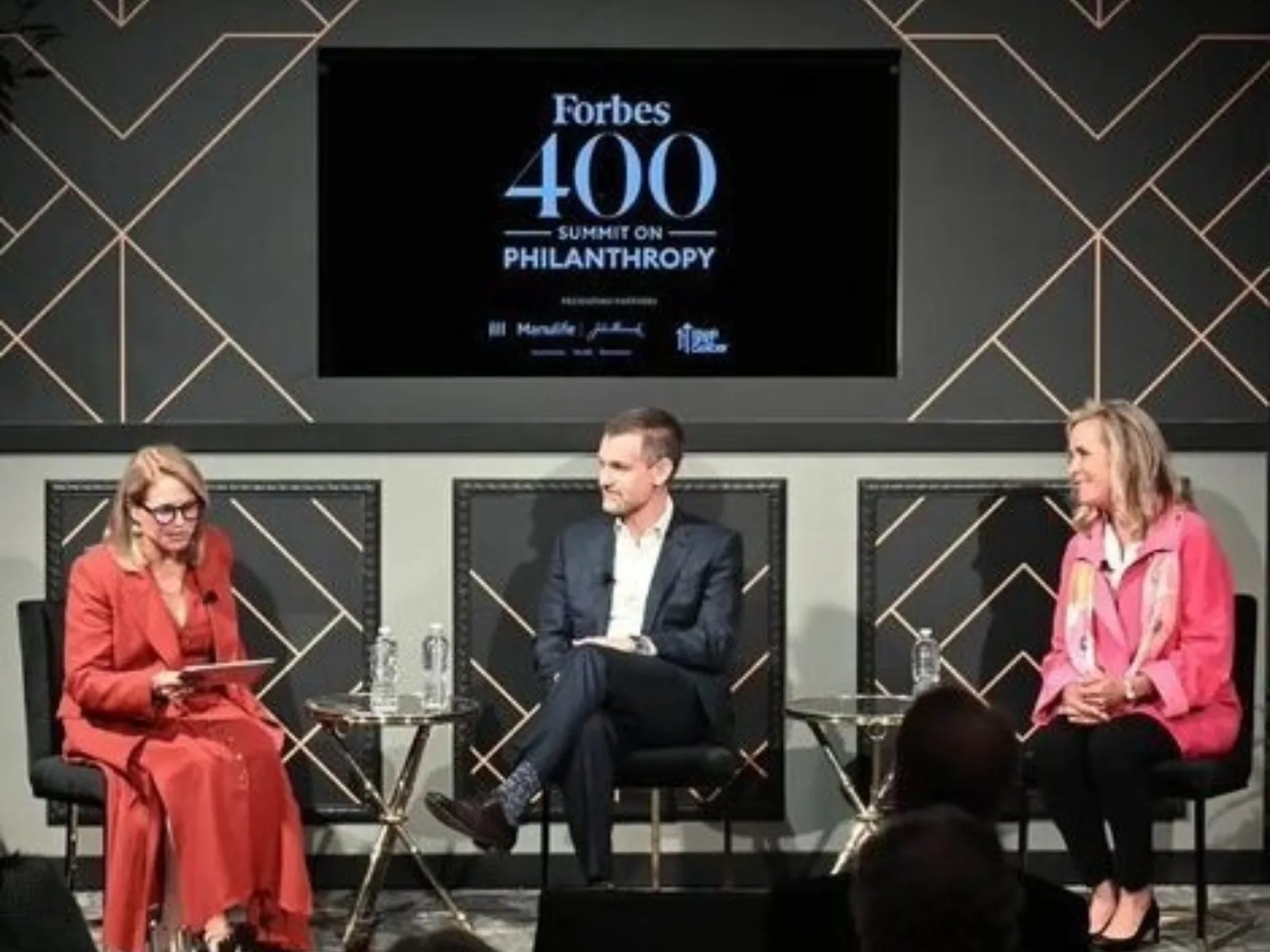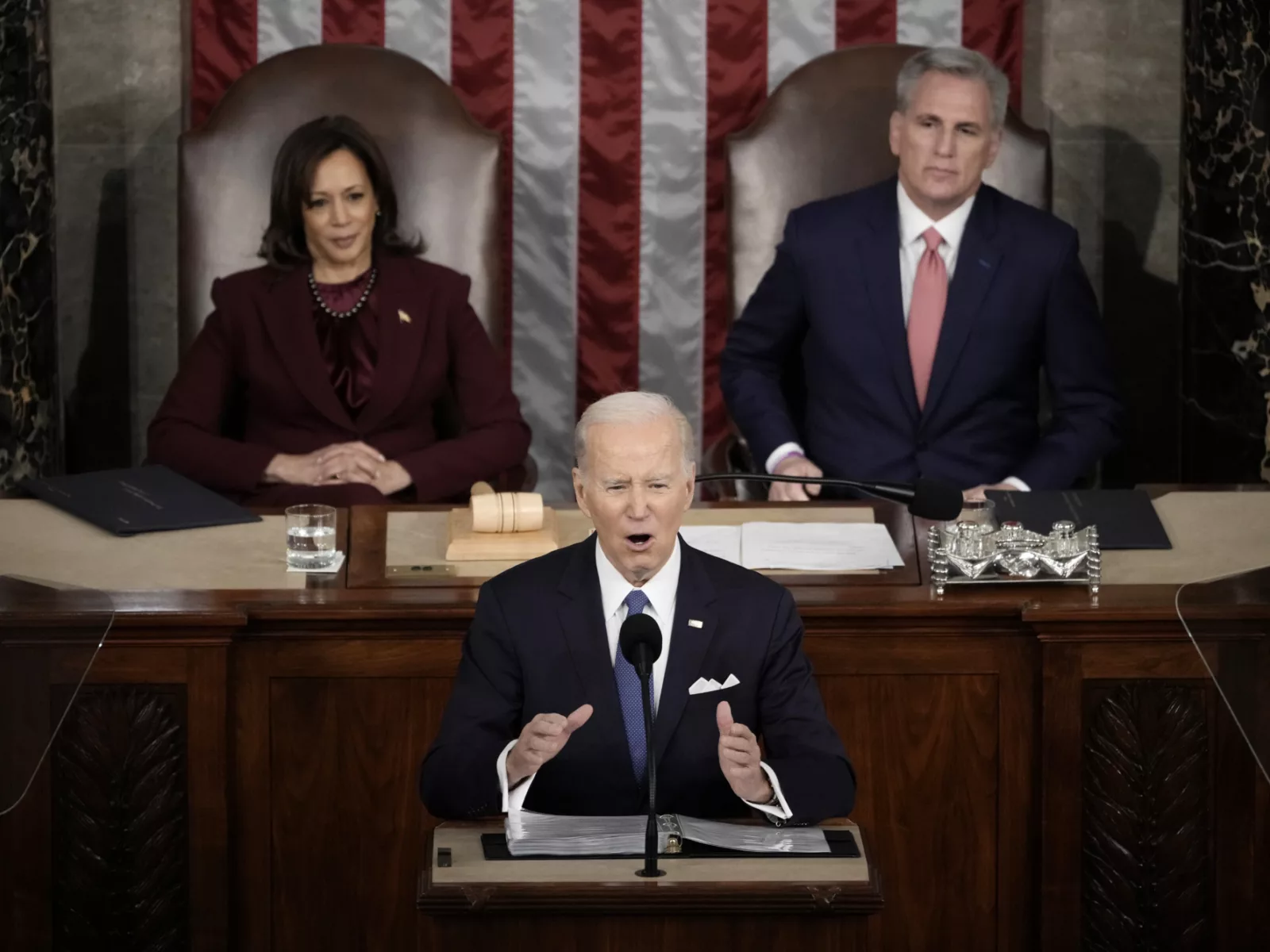Sneha Dave is remarkable not only for her resilience and achievements at just 23 years old, but also for launching and growing her patient support and advocacy organization — Generation Patient — without a penny of pharmaceutical industry money.
In doing so, she and the Generation Patient team refused to follow the practices of the vast majority of patient advocacy groups, whose acceptance of big pharma money creates conflicts of interest. Along with Patients for Affordable Drugs and other like-minded groups, Dave is spearheading a new wave of advocacy by people living with chronic illnesses fighting for lower prescription drug costs — while maintaining their integrity and independence.
Dave came to her decision from first-hand experience. Since she was diagnosed at 6 with ulcerative colitis, a chronic inflammatory bowel disease (IBD), she has endured pain, weight loss, and frequent hospital stays. At age 14, weighing just 60 pounds and out of treatment options, she underwent a colectomy to remove her entire large intestine. The surgery helped her regain control over her body — but also changed her perspective on loss and resiliency.
By 17, frustrated with the lack of attention and resources for young chronically ill young adults, she founded Health Advocacy Summit, a nonprofit for high school and college students who struggle with invisible, chronic, and rare illnesses. In the meantime, she double-majored in journalism and a major she created — chronic illness advocacy — at Indiana University, where she authored a final project about pharma’s advertising influence.
Pharmaceutical companies courted her to serve as a patient advisor after she began the Health Advocacy Summit, but engagement with the industry left her suspicious that the drug industry cared more about shoring up its profits than listening to patients, and she chose to remain independent.
Dave and Sydney Reed, the group’s director of operations, renamed the Health Advocacy Summit Generation Patient to reflect its evolving purpose. (The group is funded by philanthropy organizations, including Arnold Ventures). The advocacy organization seeks to engage and educate young adults with chronic and rare conditions, with an emphasis on building awareness and momentum around policy change. Generation Patient also facilitates seven support meetings per month and advocacy around higher education and other critical issues.
Arnold Ventures recently spoke with Dave about Generation Patient and the groundbreaking work she is undertaking.
This piece has been edited for length and clarity.

Arnold Ventures
Tell us about your background and what inspired you to launch Generation Patient.

Sneha Dave
For much of my childhood, I was probably in the hospital more than I was in school. During my freshman year of high school, after my first major surgery, I started to get back into mainstream life, but it was really isolating to have just gone through this major life event and not have anyone to really talk to. So together with my best friend Cory, who later passed away from osteosarcoma and Crohn’s disease, I created “Crohn’s and Colitis Teen Times,” a newsletter to connect young adults with IBD in Indiana with one another.
The fact is, IBD is a unique disease. It has to do with body parts that are very embarrassing to talk about when you are at that age. We felt like there was a huge need to support adolescents and young adults because very few resources were available for this “in-between” time period that is often very, very critical. Higher education, workplace, relationships, financial independence, and independence in general are factors that come into our lives as chronically ill young adults, but are not often addressed within the medical system. So our quarterly newsletter grew into a website, and then we started reaching people across the U.S. and internationally.
When I got to college, one thing that I really was missing was that in-person connection, so I created the Health Advocacy Summit, which brought together about 14 young adults in the state not just with IBD but with other chronic conditions. During our first summit in 2017, we addressed topics such as vocational rehabilitation, navigating different accommodations from high school to college to the workplace, navigating insurance, and how to go about asking the right questions. We had a session about mental health. We limited it to only young adults with chronic and rare conditions, so it was a very safe space for a lot of discussion.
Then in 2018, we expanded to the Rio Grande Valley in south Texas, and North Carolina, and the next year to San Francisco. In 2020, we were supposed to be in six different states, but the pandemic cancelled it all. So we shifted entirely to virtual, and that’s how it’s really grown a lot — our virtual programming has made things a lot more accessible.

Arnold Ventures
Clearly, the support you have given to your peers with chronic and rare conditions has filled a great void and been enormously helpful. But what led you to turn your attention to policy as well?

Sneha Dave
We always had an interest in health policy, particularly because you can support and empower young adults, but without proper systems in place, it’s really hard for us to navigate into adulthood. And so our name change to Generation Patient signified a change as an organization of where we really want to take us a few years from now. We are an entirely young adult, patient-led organization. Everything that we have done has been geared and created from our own experiences. And from the very beginning, we have been industry independent. We have declined all funding from the pharmaceutical industry.
We’re in the fourth year of our Crohn’s and Colitis Young Adults Network Fellowship Program. This year we have eight fellows from Ethiopia, the U.S., Dubai, and India, and they’re all young adults with IBD. They produce content for our website, they hear from speakers on a variety of topics from drug pricing to social media to gut microbiome research. And then create opportunities for them to participate in U.S‑based IBD conferences. We’re training young adult patients to be stronger advocates, to have advocacy as a core component of what they do, whether or not it’s their career. It has become a really robust program.
We also hold virtual community meetings on topics ranging from medical disclosure to navigating insurance, from relationships to education. And several months ago, we launched the Higher Education Student Support Network, with meetings this month on seeking psychosocial support and building community on college campuses. We’re holding productive conversations about what really needs to be done to increase access and retention for chronically ill students in higher education.
And just a week after our name change, we launched the Health Policy Lab. We have two components. One is providing education about drug pricing. Part of the issue right now within the patient advocacy space is that it seems there aren’t enough opportunities to learn about the drug pricing landscape. So we are really excited about providing information on issues like statewide versus federal drug pricing reforms, and possible solutions like state Prescription Drug Affordability Boards.
We have three drug pricing forums coming up. Next week, we’ll hear from Gerald Posner, author of “PHARMA,” about the history of the pharmaceutical industry. In March, our focus will be on statewide drug pricing policies, with Hemi Tewarson of the National Academy for State Health Policy and Andrew York of the Maryland Prescription Drug Affordability Board. And our third forum in April is focused on how to get involved in advocating for drug pricing reform.
In addition, something we’re very excited about — because it happens only once every five years — is the reauthorization of the FDA’s user fee agreements. We’re focused on three things: One is post-market surveillance. The second is the inclusion of adolescents and young adults in clinical trials, because we’re heavily underrepresented in the majority of them. And the third involves direct-to-consumer advertising, particularly the increasing infiltration of pharmaceutical company ads on social media, especially Instagram and TikTok.

We’re just trying to make sure that what’s created is done intentionally and that affordability is first and foremost, because that’s ultimately what health equity is.Sneha Dave Generation Patient

Arnold Ventures
I can only imagine how important drug pricing advocacy must be for people with IBD and other chronic conditions, since they are often prescribed multiple, expensive drugs.

Sneha Dave
Yes, the number of different medications that many of us take can be upwards of 10 or 20 — and many are very costly biologics. I was on Humira before I had the colectomy and that, of course, has been a textbook case for over-patenting and the lack of biosimilar availability. We’re on a variety of expensive medications, and their prices keep going up. And we will be on these medications, most likely, for our entire lifetimes.
Prescription drug pricing is often targeted through policies addressing pharmacy benefit managers and insurance and hospitals, and we absolutely need to take a holistic approach. But I also think we have to start with the people in the industry who have the power to set these prices in the first place. And we also need to think about patents and other components that all blend into pricing, even comparative effectiveness and post-market surveillance.

Arnold Ventures
How did your experience working with the pharmaceutical industry shape your views on these questions?

Sneha Dave
When I was first invited to work with the industry, it was very exciting for me to think that this huge industry wants to hear from an 18-year-old patient like myself. I was invited to be part of a Patient Advisory Board, I did consulting, and I had an internship in health economics and outcomes research. I got to go to a variety of different places and talk with industry folks about my experience navigating ulcerative colitis. But I didn’t ever understand where my insights were going or why they were even soliciting my input. These people had the ability and the power to change the fundamental thing that the industry should be doing, which is providing access to the medications they are claiming to have created. Ultimately, it felt dirty for me to be providing insights and input for an industry that I felt was not doing enough for affordability and access to prescription medications.
That’s when I started thinking about the impact that industry funding can have on Generation Patient as an organization and our ability to remain independent and openly submit testimony on issues like drug pricing legislation. I think what allowed us to create the Health Policy Lab and to grow is because we hung on to our independence.

Arnold Ventures
Has it been difficult to find the funding you need for Generation Patient without accepting pharma money?

Sneha Dave
We were told from the beginning, “Oh my gosh, you’re never going to be able to hire staff — you’re never going to be able to survive as an organization.” But I don’t think I could do this work if I felt like there was even a little bit of a moral line I was personally crossing.
I want to make it clear that we need the pharmaceutical industry and we need good research. We need good innovation, but we also need access and affordability. We’re not against an entire industry. We’re just trying to make sure that what’s created is done intentionally and that affordability is first and foremost, because that’s ultimately what health equity is.


















